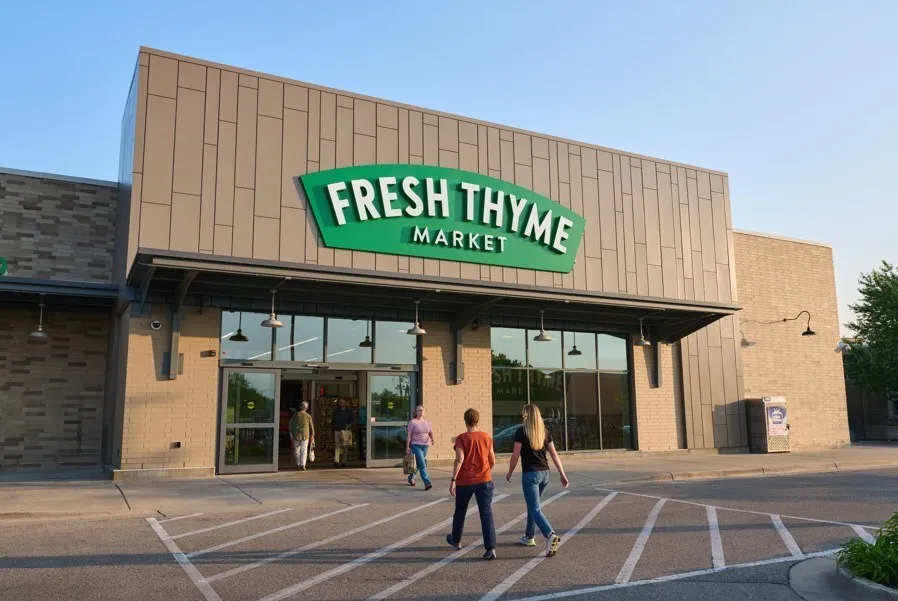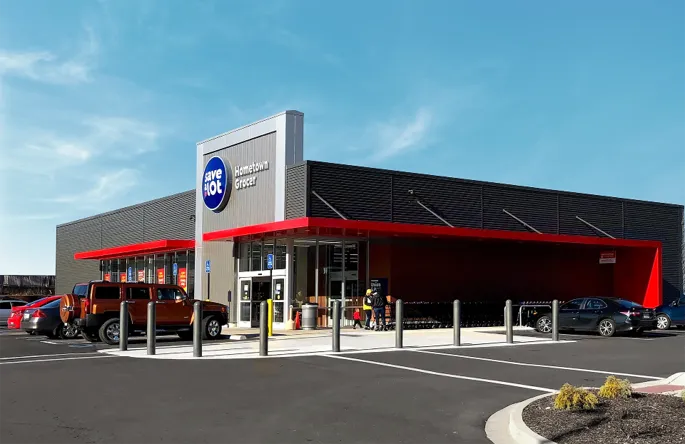Mass retailing has embarked on an extended season of unprecedented change, which will inevitably reorder the segment’s long-settled order of things. Where or when this season will end is anyone’s guess. How the ending will impact the community is far from certain. This much, however, is certain: What’s past is prologue — and the future is up for grabs.
 Consider these recent developments:
Consider these recent developments:
• Leadership changes at two of the most impactful U.S. supermarket retailers. One is H-E-B, where chief operating officer Martin Otto recently announced plans to retire. The other is Hy-Vee, where Randy Edeker has chosen a successor for the chief executive officer post. (He remains chairman and executive director). It’s beyond coincidence that the tenures of these two superlative top managers have seen the emergence of both H-E-B and Hy-Vee as arguably the two best grocery retailers in America. Of course, others can legitimately lay claim to that crown: Wegmans, Publix, Kroger and Meijer, among others, come readily to mind. But Otto and Edeker are often noted first, partly for spearheading the diversification of these two companies from grocery retailers to mass retailers. If you doubt that transition or its effectiveness, you need only to chart their impact on the National Association of Chain Drug Stores, where each has easily assumed a leadership role simply by being present during a period of unprecedented change and growth on the part of supermarket retailing.
• The retirement of Todd Vasos as chief executive officer at Dollar General. Vasos, who stepped down as CEO on November 1 and is staying on in an advisory role until April, has led the transformation of DG into one of America’s most successful retailers.
• The recent departure of several senior Walmart executives for other retailers. Most notably, at least two of these staffers have moved to CVS, where they will join chief merchant Musab Balbale as one of America’s two most important drug chains repositions itself in a rapidly changing retail segment.
The news here is not so much the leaving of several key Walmart associates; rather, it’s the fact that it happened at all at a retailing behemoth always admired for, among other accomplishments, the tenure of its senior managers. Put another way, Walmart over the years has not lost many managers. The departure of a handful raises some serious questions, the answers to which remain for future observers to ascertain.
• The emergence of three women as leaders of America’s most important drug chains — The three — Roz Brewer at Walgreens, Karen Lynch at CVS and Heyward Donigan at Rite Aid — are not new arrivals. But with time on the job they have proven themselves as highly capable managers and executives with a vision of where they want their companies to go and how they hope to get them there.
Here again, the major news is mostly about a major American retailing segment that has stopped playing catch-up and embarked on a new chapter in a retailing career that has spanned, for one, over a century. Once more, the final outcome is yet to be determined. But this much is even now apparent: Walgreens, CVS and Rite Aid, simply by taking what many still view as a bold step, have already distanced themselves from what they once were. And that alone is a hugely positive development.
What’s yet to come? Plenty. But this much is already certain: By virtue of being amenable to change, the three major mass retailing segments will, in the third decade of the 21st century, cease to be what they have been for all of the 20th century — and the first two decades of this one.





